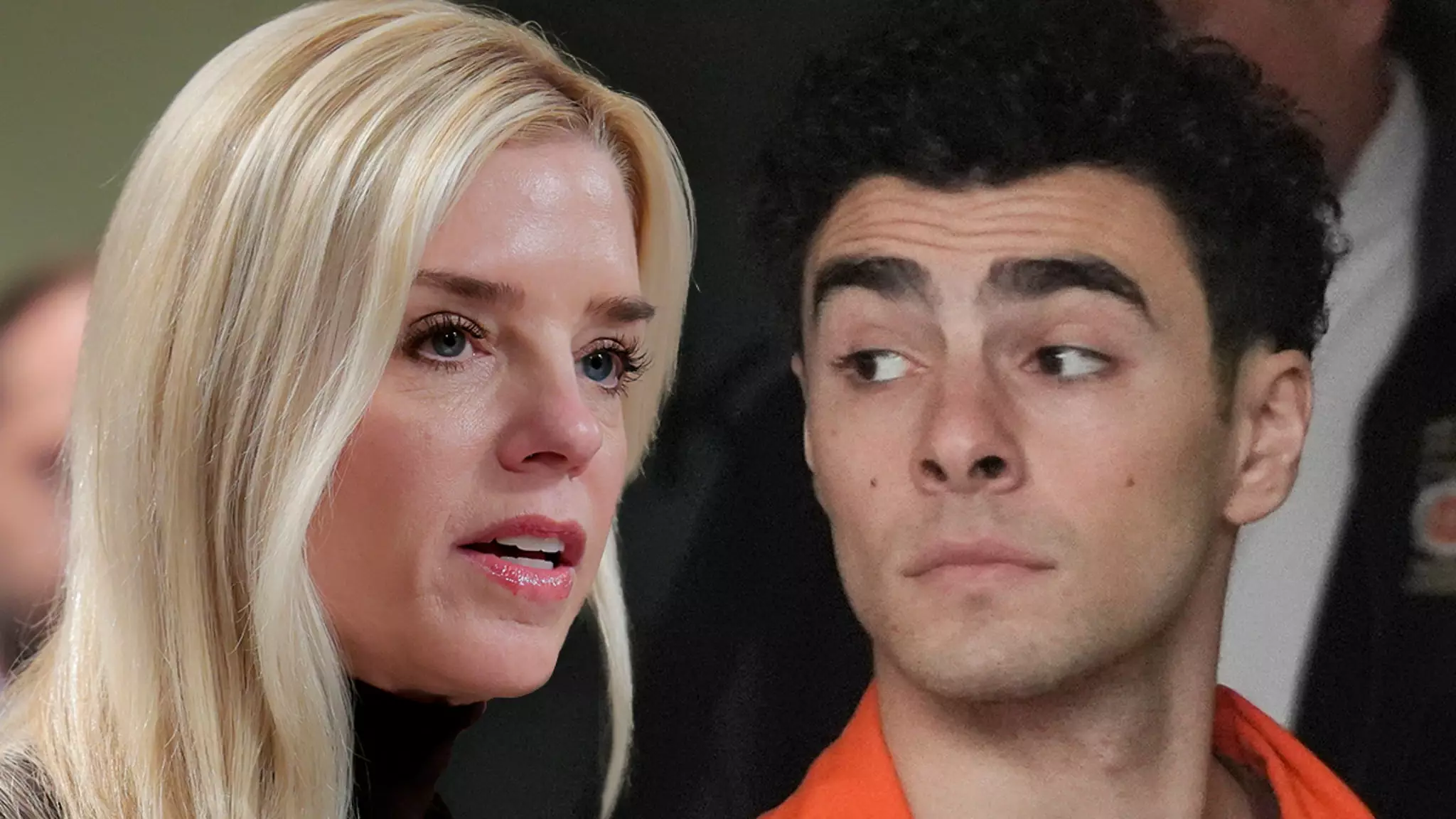The unfolding saga of Luigi Mangione has captured the nation’s attention, inviting widespread debate about the intersection of justice and political machinations. At the heart of this case lies a controversial push for the death penalty, driven by U.S. Attorney General Pam Bondi. Her assertions that Mangione committed a premeditated murder have been framed not merely as legal obligations but as a political campaign, reflecting a striking dissonance between justice and power dynamics. When the state takes on the role of executioner, it raises profound ethical questions about the morality of capital punishment itself, particularly when used in the name of ‘making America safe again.’
Legal Maneuvering and Public Outcry
The legal landscape surrounding Mangione’s case is notably convoluted. His attorney, Karen Agnifilo, passionately denounced the government’s pursuit of the death penalty as a sign of bureaucratic dysfunction and moral decay. Her fierce rhetoric portrays a dystopian scenario in which the system, instead of safeguarding justice, operates in self-interest and brutality. This striking dissent echoes in the public realm as support for Mangione rallies behind him, illustrated by the crowds of fans outside the New York courthouses. The juxtaposition of public supporters against government agents pursuing a death sentence is emblematic of the desperation and confusion surrounding this high-profile case.
Legal Charges: A Hobbesian Nightmare
The sheer volume of charges levied against Mangione lays bare the intensity of the situation. With multiple state and federal allegations spanning first-degree murder to gun possession, he is ensnared in a multifaceted legal quagmire. The government appears poised to present its case with astounding vigor; however, the optics of prosecuting a young man amidst a backdrop of intense political maneuvering raises serious concerns about judicial impartiality. In many respects, Luigi’s story is a microcosm of a system that often prioritizes spectacle over justice. It begs the question: is the quest for a conviction overshadowing the fundamental tenets of due process?
A Broader Reflection on Justice System Biases
Luigi Mangione’s predicament serves as a sharp reminder of the biases that plague the justice system. The fervent push for the death penalty aligns with prevailing political agendas, effectively weaponizing the judicial system against marginalized individuals. Instead of merely dispensing justice, the case has morphed into a battleground where ideologies clash, raising alarms about a common phenomenon in America’s legal landscape: the conflation of crime and political theater. As Mangione’s fate hangs in the balance, the implications of a possible death penalty resonate beyond his individual case, reflecting a widespread normalization of state-sanctioned violence.
The Human Cost of Political Chess Games
Within this convoluted web of charges and political posturing lies a human tragedy—the life of Luigi Mangione. He finds himself ensnared in a brutal game of state versus federal jurisdiction, with his very existence at stake. The brutal reality of his situation elicits empathy, as it underscores how the machinery of the government can often undermine its own principles. As the legal drama unfolds, the surrounding discourse reveals an unsettling truth: in this ruthless political landscape, the quest for justice can sometimes resemble a game of chess, where pawns like Luigi’s life are sacrificed for larger ambitions. Forced to fight for his innocence amid insurmountable odds, he embodies the struggles of countless individuals caught in the crossfire of a profoundly flawed system.

